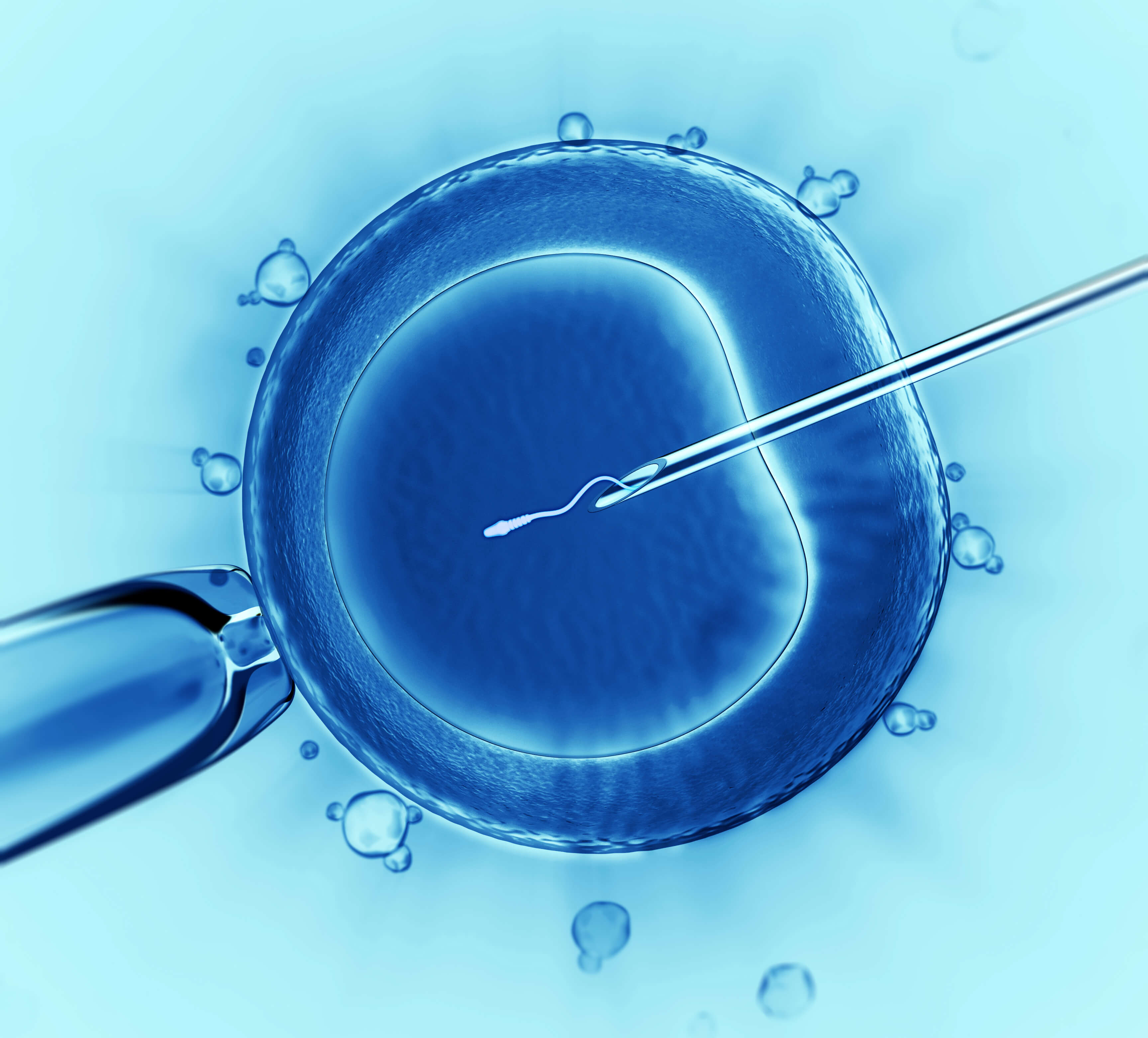Introduction
In vitro fertilization (IVF) represents a beacon of hope for quite a few individuals and couples grappling with infertility. About the earlier couple decades, improvements in reproductive engineering have not only enhanced the odds of conception but also opened the door to a revolutionary method: preimplantation genetic analysis (PGD). PGD permits for the genetic screening of embryos just before they are implanted in the uterus, making sure that only embryos without the need of discovered genetic conditions or abnormalities are picked for being pregnant. As we navigate as a result of the 21st century, PGD stands at the forefront of reproductive drugs, heralding a new period of genetic screening that guarantees to reshape the long run of IVF.
The Evolution of IVF and Genetic Screening
IVF has undergone a radical transformation due to the fact the birth of Louise Brown, the world’s very first “take a look at-tube infant,” in 1978. Early IVF strategies ended up marred by reduced results rates and constrained knowledge of embryonic enhancement. The introduction of genetic screening was a recreation-changer, enabling embryologists to look at the genetic make-up of embryos and pick these with the maximum probable for a healthier pregnancy.
The Progress of Preimplantation Genetic Diagnosis
PGD is a specialized approach that includes taking away one or far more cells from an IVF embryo to test for particular genetic circumstances in advance of the embryo is transferred to the uterus. In the beginning made to screen for intercourse-connected issues, PGD has expanded to contain a wide range of genetic and chromosomal abnormalities.
Comprehending the Genetic Screening Process
The method of PGD commences with the usual IVF cycle, exactly where eggs are harvested and fertilized in the lab. The moment the embryos attain the blastocyst stage, a number of cells are biopsied and analyzed applying 1 of several genetic screening techniques, this kind of as polymerase chain reaction (PCR) or next-generation sequencing (NGS). These techniques enable for the detection of single-gene problems, chromosomal abnormalities, and even the prospective for inherited most cancers syndromes.
The Ethics of Genetic Screening
As with several developments in biotechnology, PGD provides with it a host of ethical things to consider. The ability to select embryos primarily based on genetic criteria has sparked discussion more than the strategy of “designer toddlers” and elevated issues about eugenics. Ethicists and clinical pros go on to grapple with these challenges, striving to locate a balance between the added benefits of genetic screening and the ethical implications of genetic choice.
The Effect of PGD on Genetic Conditions
PGD has experienced a profound affect on the avoidance of genetic conditions. Households with histories of heritable ailments like cystic fibrosis, Tay-Sachs sickness, or Huntington’s disease now have the choice to bear children without the need of the anxiety of passing these problems on. This has not only decreased the incidence of certain genetic disorders but also alleviated the psychological and fiscal stress on households and healthcare devices.
Progress and Improvements in PGD
The subject of PGD is constantly evolving, with new technologies maximizing its accuracy and scope. The arrival of complete chromosomal screening (CCS) makes it possible for for the assessment of all 23 pairs of chromosomes, guaranteeing that only embryos with the suitable variety of chromosomes are implanted. This has noticeably diminished the danger of miscarriages and enhanced the achievement charges of IVF.
The Part of PGD in Family Balancing and Gender Choice
A single of the more controversial factors of PGD is its use in relatives balancing and gender selection. Some argue that the potential to choose the sexual intercourse of one’s child is a organic extension of reproductive liberty, even though other individuals fret about the social and demographic effects of these types of choices. However, in instances where gender-specific genetic conditions are a worry, gender variety continues to be a vital factor of PGD.
The Future of PGD: Growing the Possibilities
As we seem to the future, PGD is poised to broaden in abilities. Exploration into polygenic chance scores could allow PGD to display screen for elaborate circumstances like heart disease or diabetes, which are affected by numerous genes. There is also the likely to use PGD in conjunction with gene enhancing technologies like CRISPR, to not only select but also accurate embryos at the genetic amount, even though this remains ethically and legally contentious.
Lawful and Regulatory Things to consider
The regulation of PGD may differ considerably all-around the earth, with some international locations embracing the technological know-how and others imposing strict constraints. As the science progresses, policymakers will be challenged to make frameworks that assure ethical programs of PGD though supporting scientific advancement.
Summary
Preimplantation genetic prognosis stands at the intersection of genetics, medication, and ethics, giving unprecedented command over the genetic wellness of future generations. Its integration with IVF has presently improved the potential clients of would-be dad and mom to have healthier children and guarantees to continue its trajectory of innovation in the realm of reproductive wellbeing. As we advance, it is imperative that we look at the moral implications and authorized frameworks important to manual the responsible use of this strong technological know-how. get more of PGD in IVF is not just about the science of genetics, but also about the values we as a society pick out to uphold
